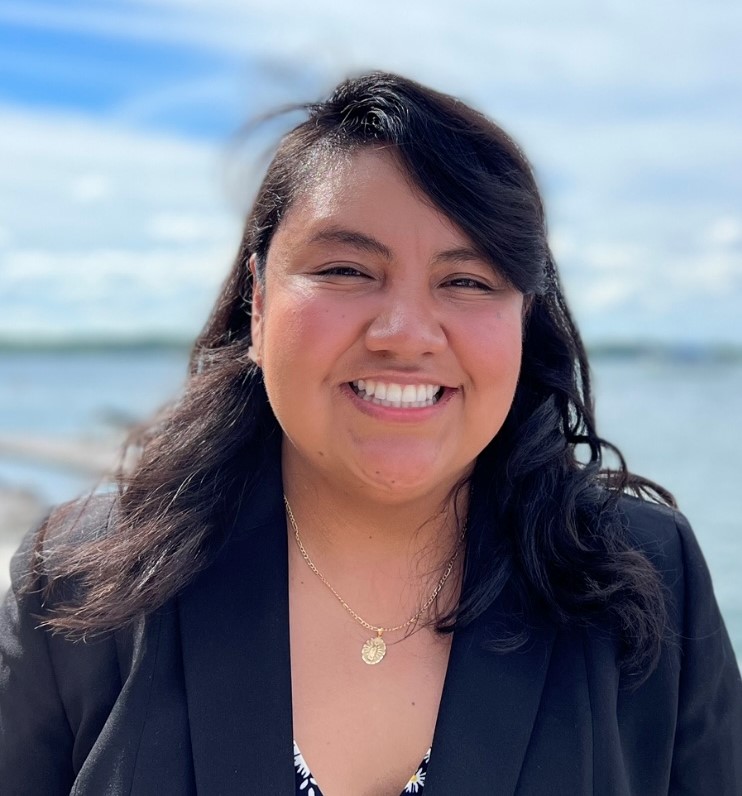
Lucydalila Cedillo
Bio:
I was born and raised in the housing projects of East LA. I attended public schools in Downtown LA and Sunland-Tujunga and was accepted into UC Davis with the hopes of becoming a veterinarian as an Animal Science major. That was until my 2nd year, in which I was encouraged to join Dr. Michael R. Miller’s lab and learned to use bioinformatics to build a genetic map for rainbow trout. I then went on to pursue a Ph.D. in Biological and Biomedical Sciences at Harvard University and was trained in Dr. Alex Soukas’ lab where we used genetic approaches in C. elegans to study the mechanistic underpinnings of aging and aging-related diseases. My Ph.D. project focused generally on understanding the molecular mechanism underlying the anti-aging effects of metformin (a highly prescribed anti-diabetic medication for T2D patients). My thesis project focused on the discovery and characterization of a novel set of molecular effectors involved in metformin’s prolongevity effects. Following genetic screening in C. elegans, I discovered that genes involved in ether lipid biosynthesis operate downstream of metformin to extend lifespan in C. elegans. Through subsequent genetic, imaging, biochemical, and lipidomic analyses, I have demonstrated that ether lipids serve as a lynchpin not only for metformin lifespan extension, but also multiple prolongevity paradigms related to dietary restriction, TOR inhibition, and reduction of mitochondrial function. At UCLA, I am now working in Dr. Claudio Villanueva’s lab to broaden my genetics skillset using tissue culture and mice to 1) understand the mechanistic link between translation and adipocyte tissue metabolism and 2) investigate the genetic mechanism underlying the hepatic molecular response to adipose tissue lipolysis. The advice and support I received from my past mentors were pivotal in my journey to understanding scientific research and using genetics as a tool to understand biological processes. Thus, I have a firsthand understanding of how extremely critical college-level mentors can be in advising future scientists, especially for first-generation, low-income, and underrepresented students, like myself, and hope to be an inspiring mentor for diverse, future generations of STEM professionals.
